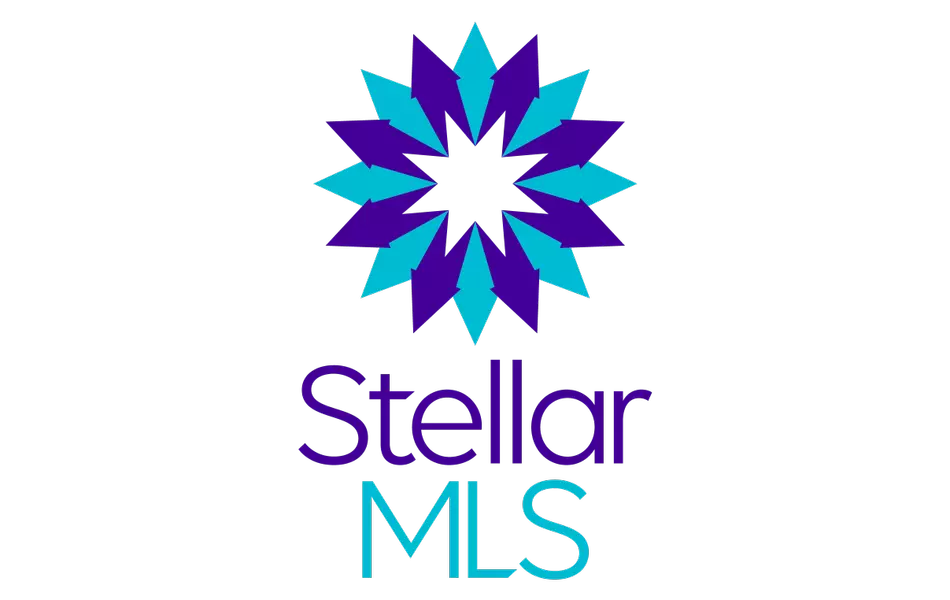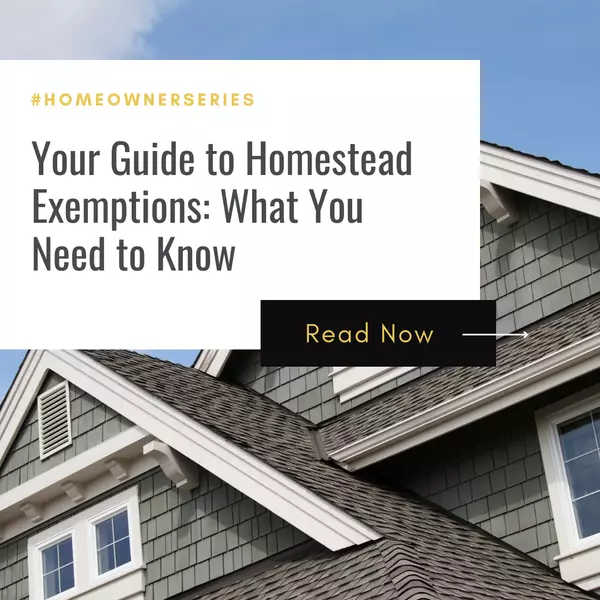Not every first time experience is great. In some cases it can paralyze you. Never to truly bounce back. The ratio is 5:1. This simply means it takes 5 positives to out weigh that 1 negative. What are we talking about here? Home/property purchasing. I am going to condense 3 years in one review.
Realtor #1, forgettable. Realtor #2, totally memorable for how uninformative they were. Realtor #3 & #4 (they were a couple), it felt like they were targeting personal gain. I also gathered that if we spoke the same language and shared the exact same culture they would’ve show up differently for my Husband & I. Then out of thin air! Realtor #5, Mrs. Royce Williams. In less then 5 weeks, we hold keys to our new home. If you’re busy? Not a reader? Here’s the review: save yourself the trouble, negotiating energy, self-diagnosed laryngitis and just appoint Realtor Extraordinaire, Mrs. Royce Williams for all your realty needs nationwide/international.













